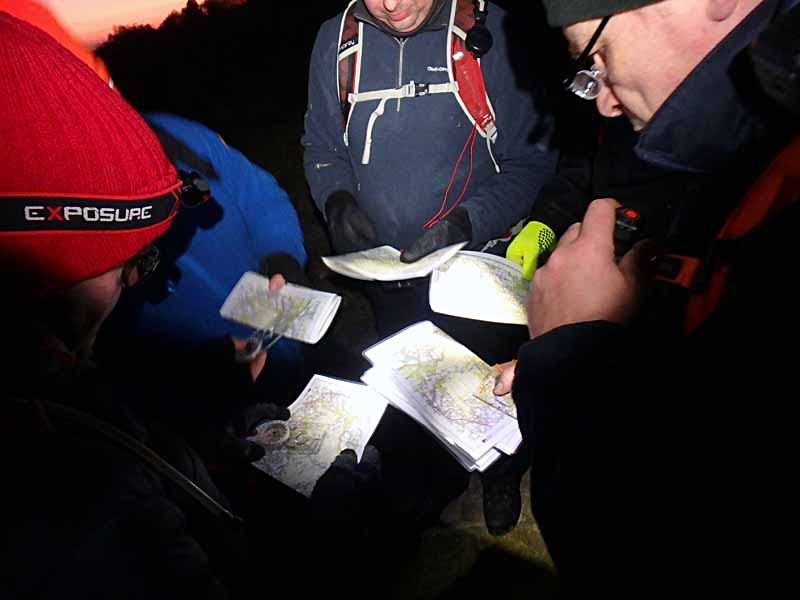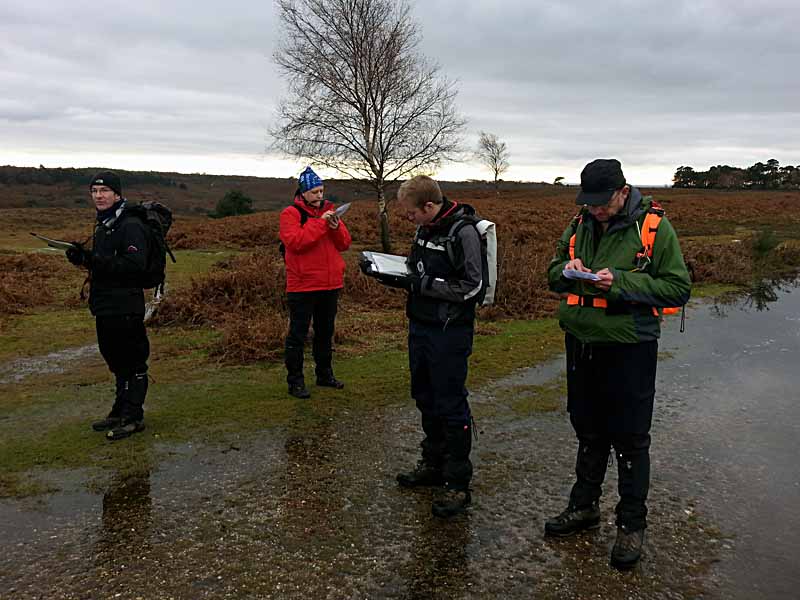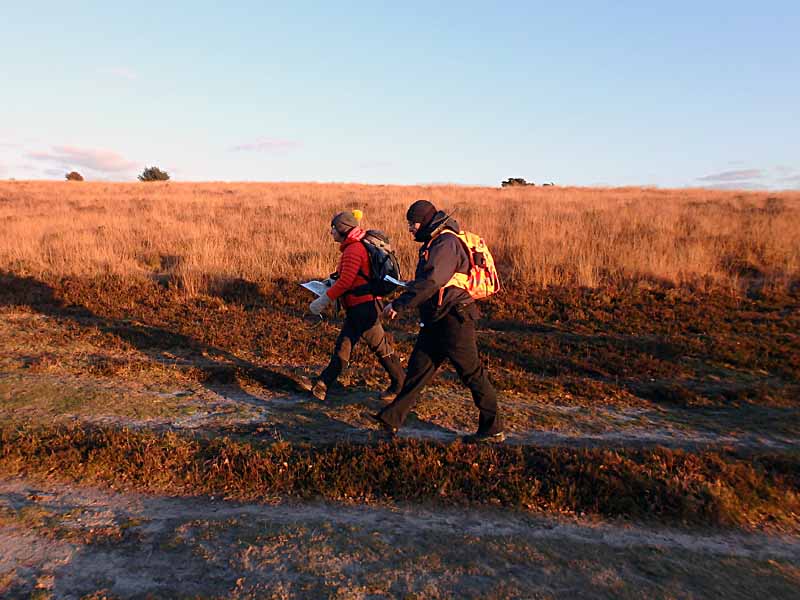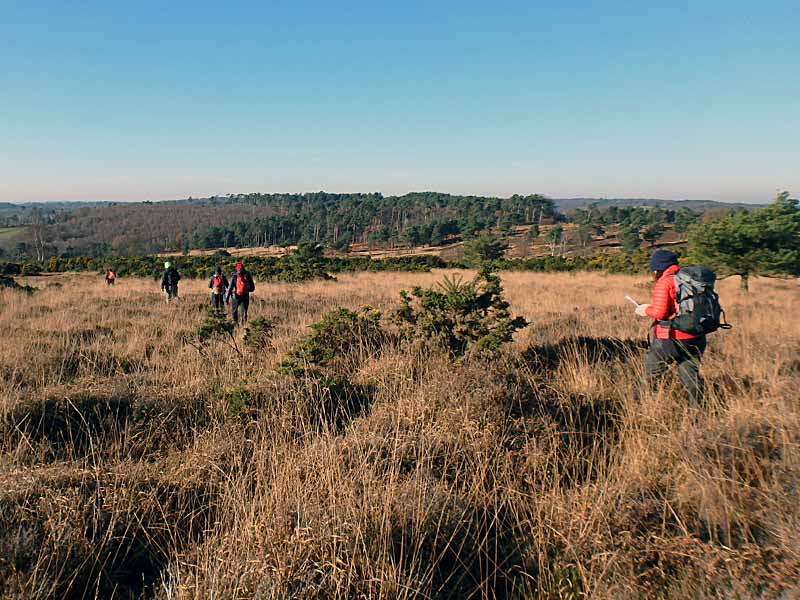Navigation Courses
NNAS Silver (Intermediate)
Designed to provide you with the majority of navigational strategies, this course will see you walking off the beaten tracks and paths in no time. Building on your existing map reading knowledge we take a close look at the finer details while also introducing you to basic compass work and some more advanced strategies. Alongside technical navigation skills we will also be covering off some personal walking topics around planning, kit and conservation.




Upcoming open sessions:
None at this time
Any pre-requisites?
You should be able to navigate along paths and tracks. If you are a dog walker or regularly walk in unfamiliar areas you will be absolutely fine. If you struggle to find a sensible route in your own home town/city or have problems driving to places without a satnav we would recommend our NNAS Bronze course first.
What will you learn?
- Identifying and using ever smaller landforms
- Taking and using compass bearings
- Detailed distances, timings and pacing
- Coarse navigation, attack points and fine navigation
- Detailed map symbols
- Maintaining navigational accuracy in poor visibility
- Error avoidance, recognition and relocation
- Impact of fitness, fatigue and terrain on route choice in planning and on the ground
- Impact of weather on the day
What can you expect?
Learn to plan and execute a route in Britain's more remote countryside, away from defined tracks and paths.
Depending on where the course runs we will either meet in a cafe or a walkers car park on day one. After some initial admin and getting to know the group we will soon be on our way. Chances are your trainer will initially want to find out what you already know and let you loose, independently navigating a small leg. Based on what they see they may choose to briefly recap some basics or dive straight into the syllabus. Most of the first morning will be taken up with emphasising the basics of map work while also introducing more advanced and subtle features into the mix.
Over lunch you will discuss the impact of weather, fatigue and fitness on a walk and also what is expected of countryside users and walkers.
The afternoon will be spent getting to grips with the compass. Taking bearings in our experience is a bit like riding a bike; once you've "got it" it's hard to forget it again. When visibility deteriorates, your compass becomes your best friend away from paths and your trainer will show you how to use it effectively and systematically. Depending on the time of year we may round off the day with some navigation during dusk or early darkness.
Day two will start in a cafe where we will be carrying out a quick "assessed" route planning exercise. You will be given a map of an area you have not seen before and asked to find a suitable route between pre-marked waypoints. While we count this exercise into the assessment there is no pass or fail on the element, it is merely a vehicle to get you to discuss your route choice and map detail.
Once completed, we will head back out into the open countryside and consolidate the previous day with some warm up exercises. This is your chance to ask the last few questions you may still have and calm your nerves before your trainer starts the "formal" assessment.
Practically, there is little difference between the training and assessment as you will have navigated most of the time anyway. You will be asked to individually navigate to specific features while the rest of the group follows your strategy and tries to keep track. Compared to Bronze level the detail of the features will increase and at this level your trainer will expect a good level of accuracy and consistency across the entire assessment. Nevertheless, they will continuously assess the group as a whole and minor mistakes will not mean the end of your world.
At the end of the second day your trainer will give you your assessment result and any individual feedback, allowing you to ask any further questions you may have.
What do you need to bring?
Participants should be equipped for a normal day walk out with warm layers, waterproofs and sturdy boots.
All participants will require a 360° baseplate compass, ideally with a magnifying glass built in. There are cheaper and more expensive models on the market to choose from starting around £5 for a cheap Hi Gear compass to £30 for a Silva Expedition 4 model. Our instructors favour the Silva Expedition 4 (non-military model) although the Silva Ranger model is a viable alternative. Whichever compass you choose to bring along make sure it is a baseplate style like the ones mentioned here, has a rotating compass housing with 360° markings, a clearly marked needle (two colours) and comes with measuring scales along the side. Ideally one of these scales should be 1:25k/1:25000 and another should be 1:50k/1:50000. If you are in doubt about a particular model give us a shout and we'll tell you whether it's suitable.
We provide all mapping for the duration of the course and you will be able to keep the maps you have used for future use and reference at no extra cost.
Is the course accredited?
This course is accredited through the National Navigation Awards Scheme and as such includes an element of assessment. The assessment takes place during the second day and will involve candidates showing what they have learnt in practice. We aim to provide a relaxed and informal assessment atmosphere while maintaining the necessary standards. Let us know if you are anxious about this and we can discuss this further.

